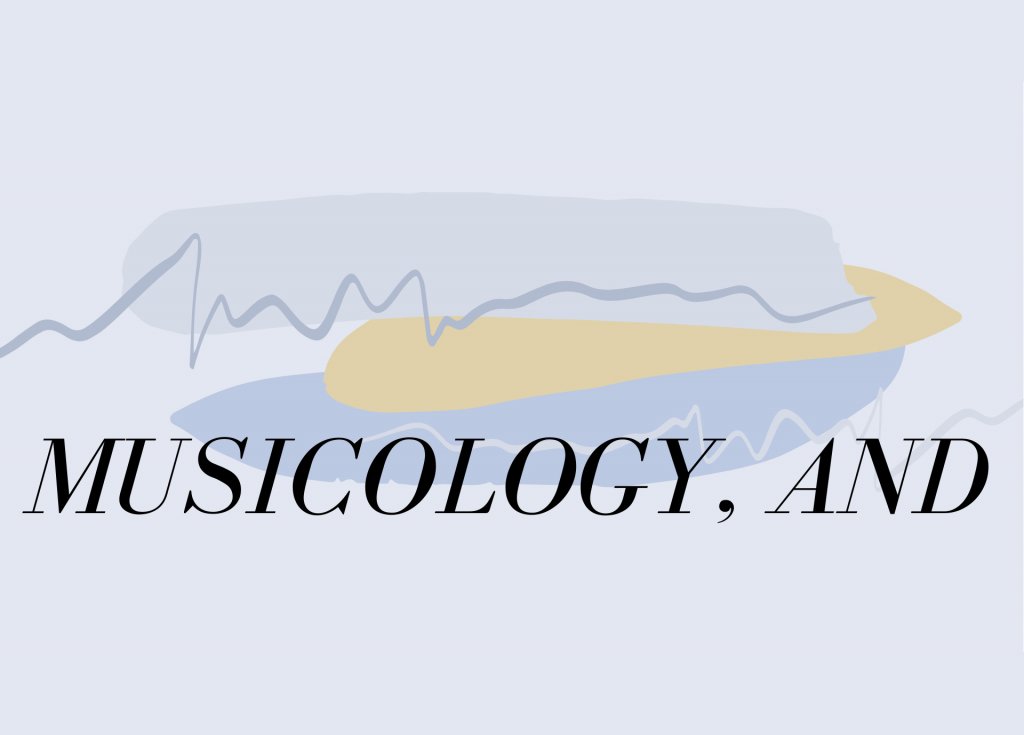Research on the intersections of sound/music therapy and sleep is sparse, and its therapeutic benefits on sleep and associated neurological states, although recognized, are not leading to the use of sound/music itself, during or prior to sleep, as a possible, concrete therapy. By exploring the historical, cultural, methodological, scientific, and musicological viewpoints on music therapy, this project aims to understand how sounds may improve cognitive functions and our overall quality of life through better sleep practices. Due to the growing interests in the effects of music on neurological states, especially sleep, my work focuses on how sound, in general, may enhance and ameliorate Non-Rapid Eye Movement Sleep (NREM sleep) in adolescents and young adults. NREM sleep has been shown to be involved in memory consolidation and reactivation, as well as cognitive functions in general.
The purpose of my project is to bridge the fields of music and neuroscience in order to provide the foundation for the use of music either during or before NREM sleep as adjunctive therapy for cognitive development and rehabilitation, especially in adolescents and young adults. I conducted an extensive review of the literature on the role of music on NREM slow-wave sleep in adolescents and young adults. Altogether, my results showed that sounds/music can be used therapeutically to improve or restore cognitive abilities, and future research focusing on the adolescent and young adult population is still necessary.
